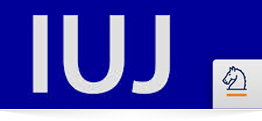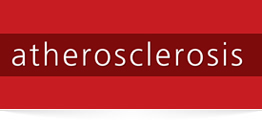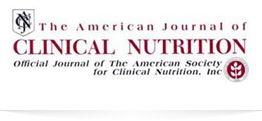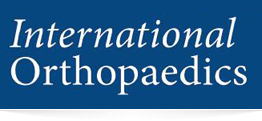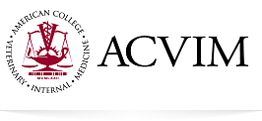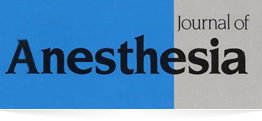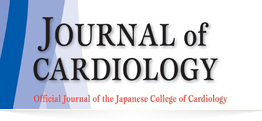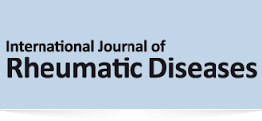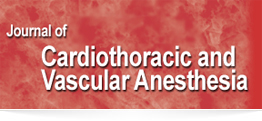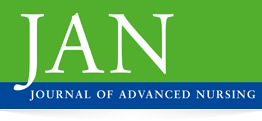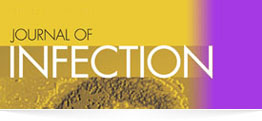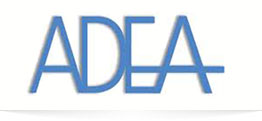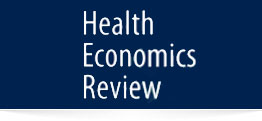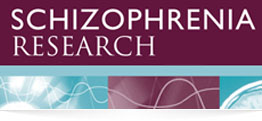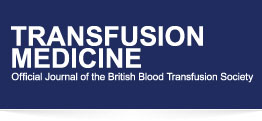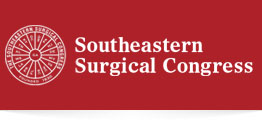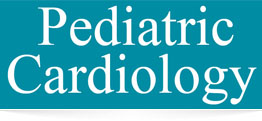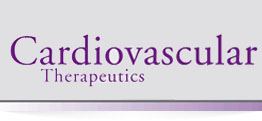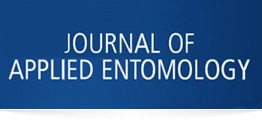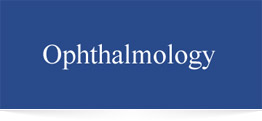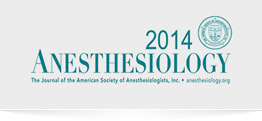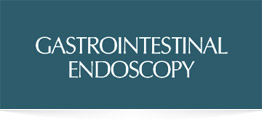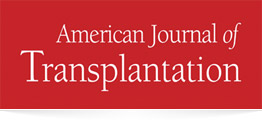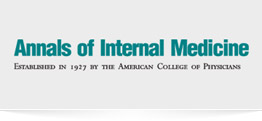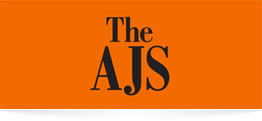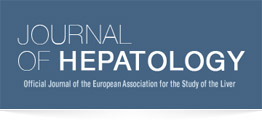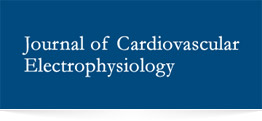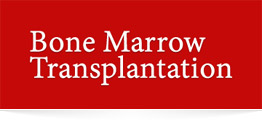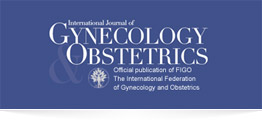Statistical, Graphics, and Sample Size Software
For over 30 years, NCSS, LLC has been dedicated to providing researchers, investigators, academics, scientists, and other professionals with quality statistical software that is comprehensive and accurate but still intuitive and easy to use.
Our two solutions, NCSS and PASS, are used world-wide by researchers in many industries and are renowned for accuracy, ease-of-use, graphical excellence and affordability. These statistical programs are used by thousands of customers including individual professionals and academics, as well as in collaborative efforts within large institutions.
All software purchases from NCSS come with full PhD statistician support, by phone or by email. Also, free training videos are available through this website.
Each procedure is carefully documented with technical details, examples, annotated output, references, formulas, and other details. The documentation can be viewed on this website, or through the help system that is integrated into the software.
To learn more about NCSS and PASS, you can watch our product features or demo videos, download a trial of the software, or read more about each product on this site.

PASS provides sample size calculations for over 370 more scenarios than any other sample size software and is the premier software tool for determining the needed sample size or analyzing the power of a study. PASS is used extensively in clinical trial planning, grant proposals, pharmaceutical research, statistical and biostatistical consulting, health research, and many other areas of study planning and study evaluation.

A robust statistical and graphics program, NCSS is used in a variety of industries from medical investigation and business analytics, to engineering, quality control, and academic research. Learn why thousands of researchers, consultants, professionals, engineers, and scientists are using NCSS worldwide.








